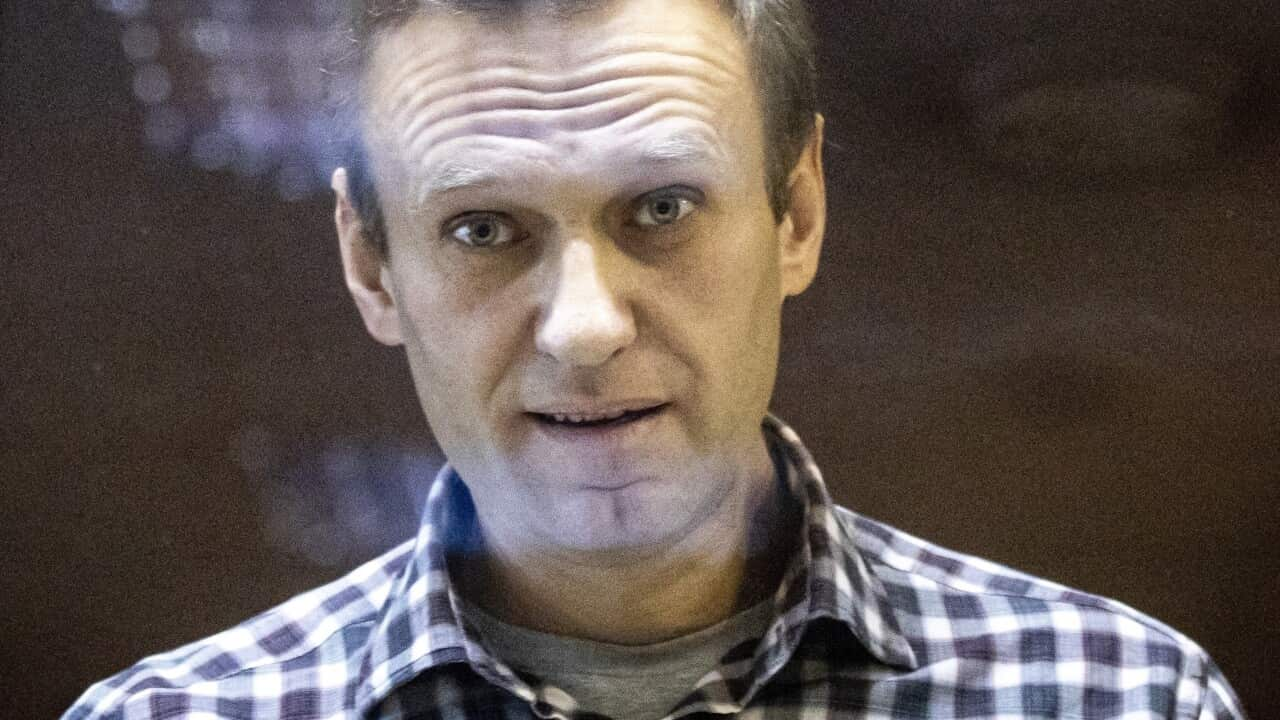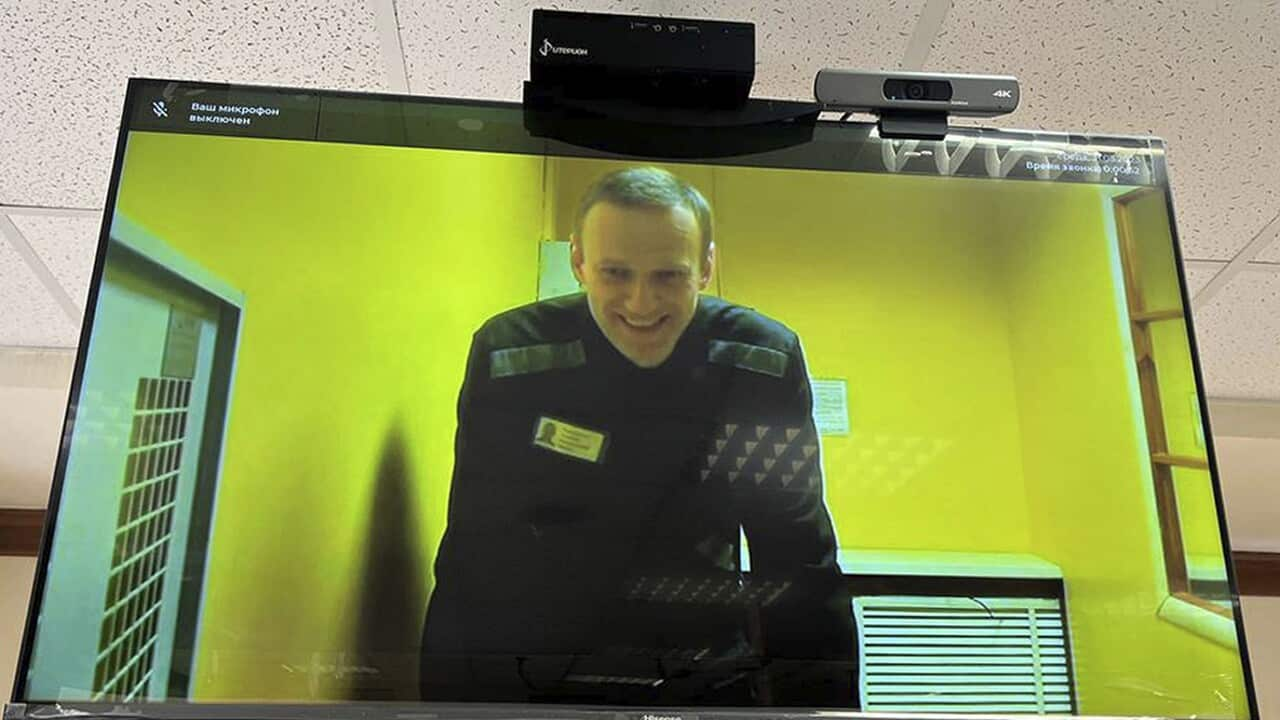KEY POINTS
- Alexei Navalny faces a further 20 years in a "monstrous" Russian penal colony.
- A court is expected to hand down its verdict in early August.
- The Russian opposition politician is already serving sentences totalling 11-and-a-half years.
Russian opposition politician Alexei Navalny will soon learn whether he will spend another 20 years in a "monstrous" Russian penal colony.
On Thursday, Russian state prosecutors asked a court to sentence the 47-year-old to a further 20 years in the IK-6 penal colony on criminal charges, including extremism, at the close of his trial, his supporters said.
Navalny is already serving sentences totalling 11-and-a-half years on fraud and other charges which he says were trumped up to silence him.
What are the charges Alexei Navalny faces?
's most prominent and vocal faces a range of new charges, which he says are similarly fabricated to keep him out of political life.
Court records show they relate to six different articles of the Russian criminal code, including inciting and financing extremist activity and creating an extremist organisation.
Navalny's aides said the verdict would be announced on 4 August; acquittals of opposition figures are practically unheard-of in Russia.
Navalny said there were only 18 people present in the court, seven of them with their faces covered by black masks.
He told them: "When you finally understand that the rejection of conscience will eventually lead to the disappearance of the intellect, then maybe you will stand on those two legs on which a person should stand, and together we can bring the beautiful Russia of the future (a reference to his Russia of the Future party) closer."

Alexei Navalny surrounded by journalists on a plane before a flight to Moscow from Germany in 2021. He had been treated in Germany for what Western laboratory tests showed was an attempt to poison him. Source: AAP, AP / Mstyslav Chernov
"I am accused of inciting hatred towards representatives of the authorities and special services, judges and members of the United Russia party. No, I don't incite hatred. I just remember that a person has two legs: conscience and intellect," he said, according to a text supplied by his aides.
At the start of his trial, Navalny, who in the 2010s brought people onto the streets in their tens of thousands in protest against Putin, urged Russians to "join forces in the fight against Putin's lies and Kremlin hypocrisy" ahead of a presidential election in 2024.
After he was first jailed, Navalny was , about 100km outside Russia's capital, Moscow.
What has Alexei Navalny faced inside penal colonies?
It came from Germany, where he had been treated for what Western laboratory tests showed was an attempt to poison him in Russia with a . The Kremlin denied trying to kill him and said there was no evidence he had been poisoned with such a toxin.
IK-2 was described as "one of the harshest" penal colonies in the country in an open letter calling for his release in April.

Navalny was moved to the "monstrous" IK-6 penal colony in June. Source: Getty, AFP / Andrey Borodulin
"He has been consistently returned to solitary confinement, squeezed into a concrete cell the size of a dog kennel, with no ventilation", the letter says. "Visits from relatives and phone calls are forbidden, his attorney-client privileges have been cancelled."
In June, Navalny was moved to the IK-6 penal colony, about 235 km east of Moscow, which was described as "monstrous" by his spokesperson when rumours first emerged that he could be relocated.
"Abuse and torture are used against inmates in many Russian prisons, but IK-6 in Melekhovo is a monstrous place, even by such insane standards," Kira Yarmysh tweeted in May.
She added: "There is no law there. And that's where Putin wants to put Navalny for not being afraid of him and telling the truth."
Last week, Navalny wrote on Twitter that he had been forced to listen to Putin's February state of the nation address every night for 100 days, and would continue to be subjected to it for the rest of the year.
A letter shared on his Instagram account that appeared to be from the prison service said this was to ensure his “respectful attitude to society, work, and the norms and rules of human behaviour”.
Navalny's supporters accuse Moscow of trying to break him in jail.
But the Kremlin, whom has portrayed Navalny as a Western-backed agent of political disruption, denies persecuting him and says his case is purely a legal matter for the courts.
"We are not following this trial," Putin's spokesman Dmitry Peskov told reporters last month.










